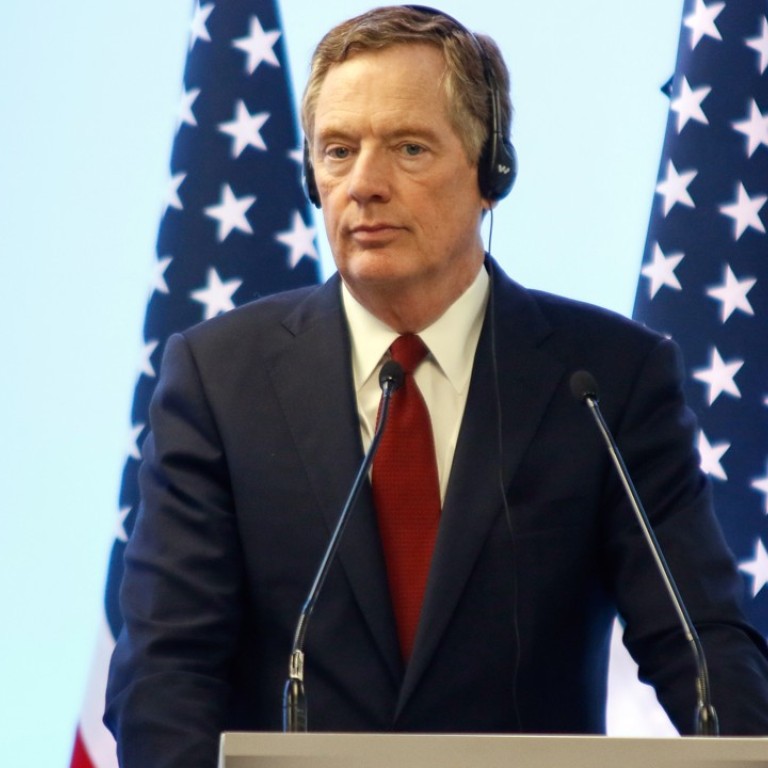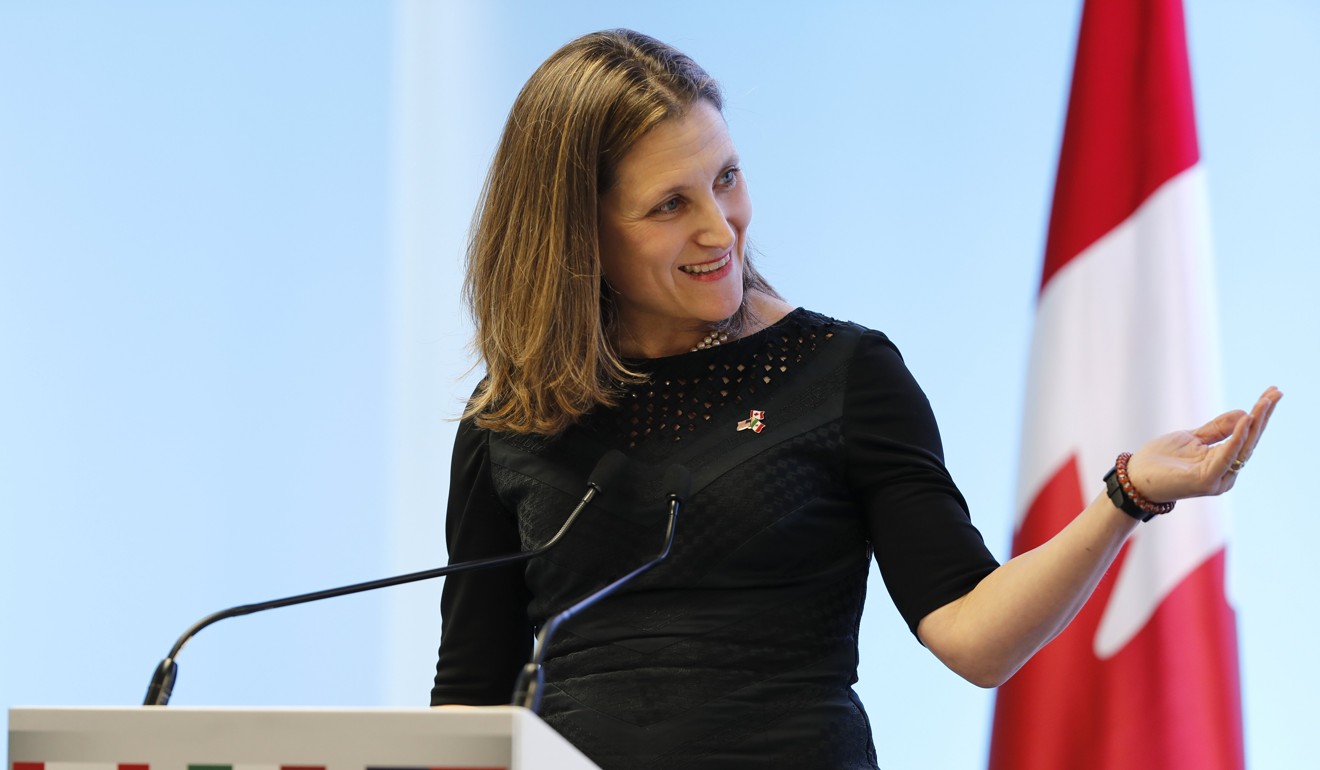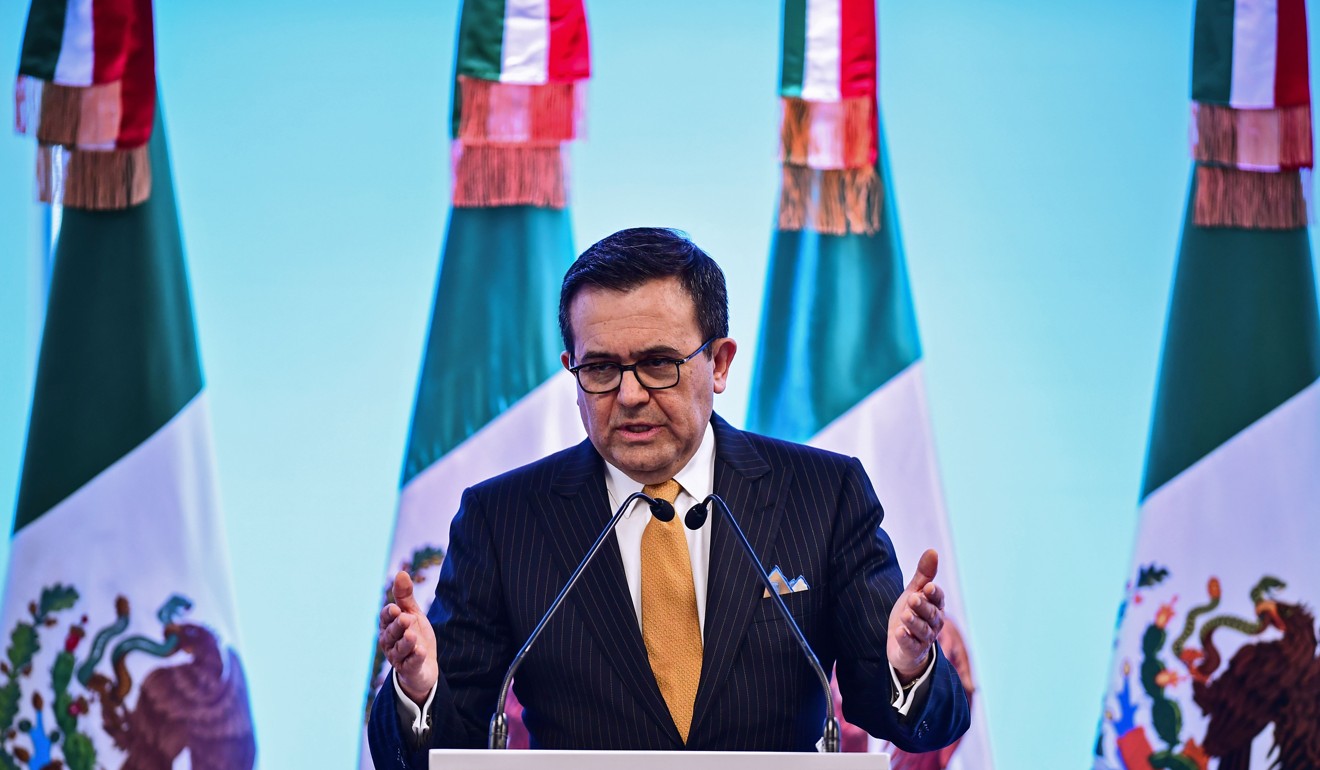
US drops its controversial auto parts demand in Nafta talks despite Donald Trump’s demands
The US reportedly offered a compromise that would still address US President Donald Trump’s demand for more American content in cars
The United States has dropped a controversial demand in Nafta trade talks for more American auto parts in cars and trucks sold in North America, a Canadian newspaper reported on Wednesday.
The proposal to raise the US content requirement to 50 per cent had been flatly rejected by Canada and Mexico in the North American Free Trade Agreement (Nafta) talks. The North American content requirement would also have risen from 62.5 per cent to 85 per cent.
Dropping the US demand would remove a key roadblock to a deal - which all three parties said they hope to reach by the end of April, ahead of US and Mexican elections.
But it also means ditching one of US President Donald Trump’s most notable demands.

A spokesman for Canadian Trade Minister Chrystia Freeland, who is overseeing the negotiations on Canada’s behalf, declined to comment.
“We are aware of the time pressures in both the United States and Mexico, regarding the (US) midterm elections and [Mexico presidential] elections,” Prime Minister Justin Trudeau said.
“We are working hard to get to a deal,” he added.
The US demand was taken off the table at a sit-down between Freeland and US Trade Representative Robert Lighthizer last week.
In its place, Lighthizer reportedly offered a compromise that would still address US President Donald Trump’s demand for more American content in cars. But few details were reported.

At the last formal round of talks in Mexico earlier this month, Lighthizer said he wanted an agreement in principle within four to six weeks, before the Mexican presidential election campaign kicks off.
The ballot is scheduled for July, while crucial US midterm elections are slated for November.
Ottawa had proposed an alternative that would include hi-tech components in self-driving and electric cars in the content calculation. Those components did not exist when Nafta first came into force in 1994.
Lighthizer dismissed the idea, but has reportedly changed his stance and built off it in his latest proposal.
The next round of formal Nafta talks are expected in April in Washington.

.png?itok=arIb17P0)